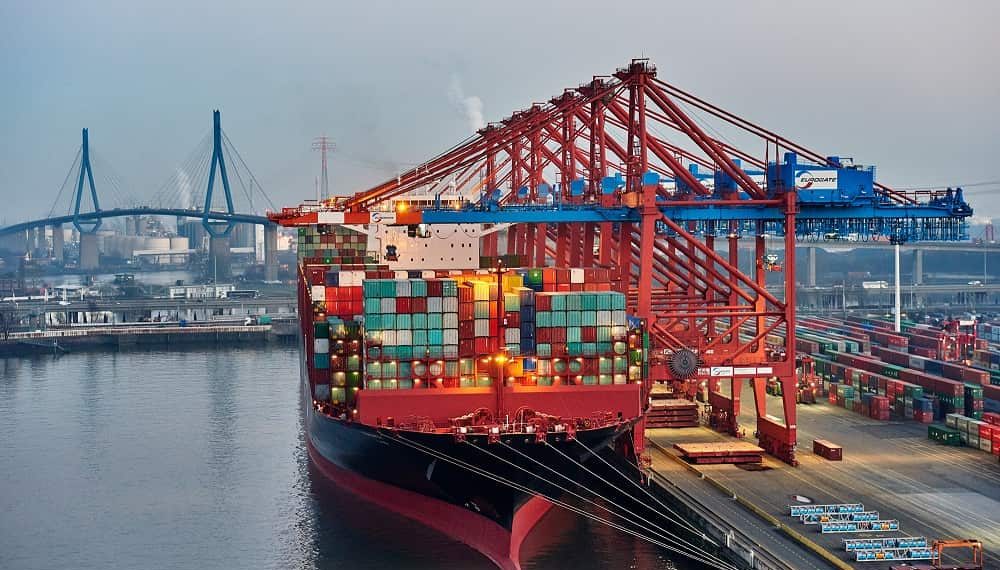The maritime shipping industry contributes 3 per cent of the world’s greenhouse gas emissions and is heavily reliant on fossil fuels. Accounting for over 90 per cent of global trade volume, the maritime sector is regarded as the world economy’s backbone. As business expands, emissions are anticipated to rise even further. If the shipping industry is to travel on the path towards zero emission, urgent action is needed that is coordinated and all-encompassing.
On 14 January, at its 13th Assembly in Abu Dhabi, IRENA organised a high-level ministerial roundtable to facilitate a conversation between the maritime shipping industry and governments on the necessary priority actions to decarbonise the shipping sector. The roundtable, titled, “Decarbonising Shipping: The Role of Ports in Addressing Supply, Demand and Trade of Renewable-Based Fuels,” discussed ways of ensuring the supply of renewable-based maritime fuels and establishing enabling frameworks to facilitate the trade and transport of these fuels.
“The decarbonisation of this sector needs to have a collaborative approach, involving the global shipping industry, governments, and international organisations. The time to act is now and IRENA is ready to play its part and support our membership to materialise ambition into action,” said Francesco La Camera, Director-General, IRENA.
The Director-General underscored the critical role that green hydrogen-based fuels can play in the successful decarbonisation of the shipping industry, stating, “by the middle of this century, the shipping sector will require around 50 million tons of green hydrogen per year for the supply of the needed ammonia and methanol.”
The roundtable discussion served as a platform for ministers to discuss their strategies and national plans for the sector. Spain’s Minister of Energy Teresa Ribera revealed her country’s ambitious plans to develop renewable marine fuels, saying, “We have been working on flagship projects in southern Spain to produce green hydrogen, methanol, and ammonia. Establishing a comprehensive framework will be crucial to the development of green hydrogen.”
The session also discussed the role of ports in creating the necessary conditions to accelerate the demand for these fuels. Tom HauteKiet, Chief Commercial Officer, Port of Antwerp-Bruges, said 80 percent of the investment needed to realise the green energy transition in shipping will have to be made on the landside of shipping and that affects ports too. “One way ports can impact the green shipping movement is by investing in decarbonising their own fleet of services and operational vessels,” he added.
Governments will need to play an instrumental role in decarbonising ports by investing in cleaner technologies. Geoffrey R. Pyatt, Assistant Secretary of State, Energy Resources, US, said his government has committed to ambitious goals for maritime emissions reduction, which will require the resources and expertise of the numerous federal agencies to work in concert. “The bipartisan infrastructure law includes US $17 billion to help electrify and decarbonise US ports and ramp up research and development on advanced batteries for maritime applications and zero-emission fuels,” he added.


































